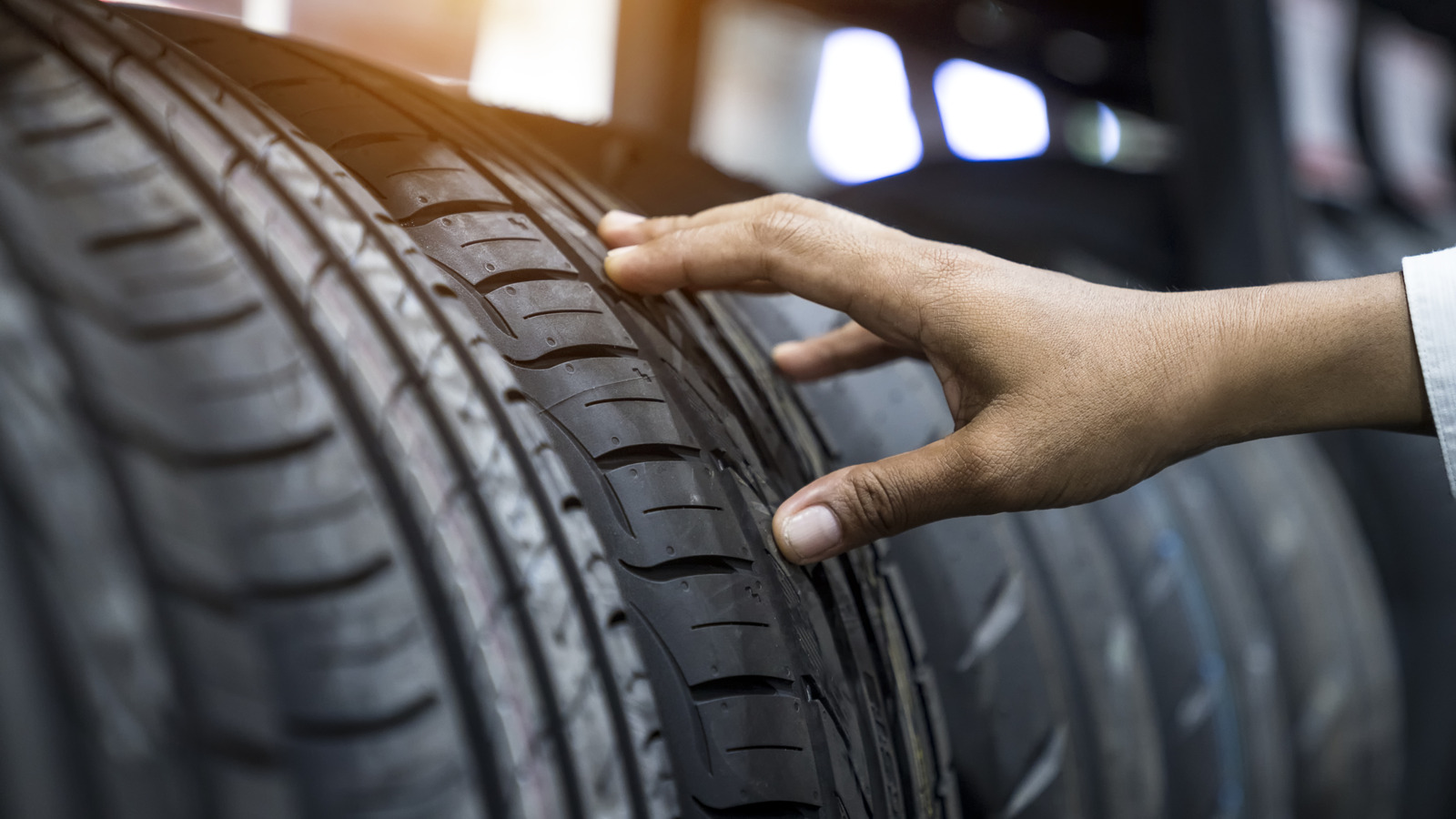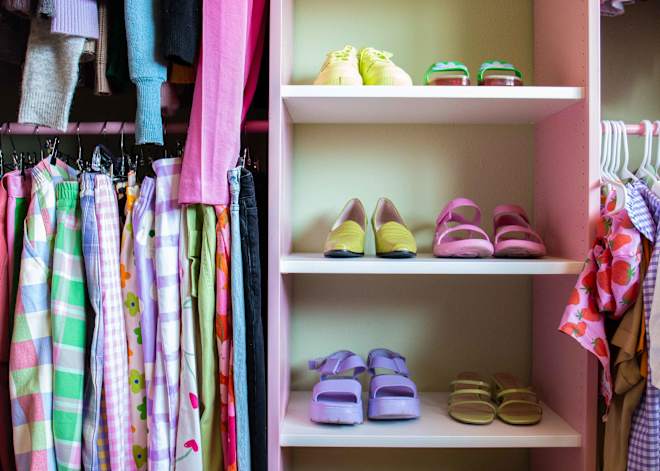How to keep your old computer running for as long as possible
You don't necessarily have to upgrade or recycle your computer just yet. The post How to keep your old computer running for as long as possible appeared first on Popular Science.

You want to squeeze as much life from a laptop or desktop computer as possible. Doing so can save a substantial amount of money over time, and stops you from contributing to mountains of e-waste.
At the same time, dealing with an old, sluggish computer is a frustrating experience. If apps and websites are taking ages to load, it can seriously impact your productivity. At a certain point, the temptation to upgrade to a shiny, speedy new computer proves irresistible.
A middle ground exists, which is to make sure your laptop or desktop lasts as long as possible. There are multiple tricks you can try when it starts to show its age—tricks that could mean it stays usable for much longer than you expected.
Cut down on the clutter

One way to stretch the life of your computer is to reduce its load. Uninstall any apps you’re not actively using, and keep your apps trim in terms of extensions and add-ons. We’ve covered how to uninstall programs on Windows and macOS, and it’s not difficult to do.
Limiting the number of programs starting up with your computer can help too: It means fewer apps running in the background, freeing up more memory and other system resources. You can take care of this with a few clicks on both Windows and macOS.
The more storage space you have the better. It gives your computer and its operating system room to breathe and get organized, and can improve performance. Uninstalling apps should help with this, but also be on the lookout for files that you no longer need or can move somewhere else.
Choose some upgrades
Some well-chosen upgrades can breathe new life into an old computer. While this is going to cost you money, it won’t cost as much as a full upgrade would—and it could mean you get several years of extra use out of your device.
The right upgrade will depend on your system’s specs, how much you have to spend, how easy the system is to upgrade, and how comfortable you are with opening up your computer. This is mostly for Windows PCs and for desktops, though a few limited laptop upgrades are sometimes possible.
Upgrading the RAM or the storage on your computer are usually the best upgrades for getting the most bang from your bucks. It could be something as straightforward as buying an external hard drive to move files over to, for example.
Install another operating system

In the interests of doing more with older components, you can install a fresh operating system to replace Windows or macOS, one that’s less demanding on your aging computer. This will wipe everything on your system though, so be sure to back up all of your important files and folders first.
Linux is always a popular and completely free option, and it comes in many different flavors (known as distros). Some of them, such as Lubuntu, are designed to be as lightweight as possible. Have a browse around the web and you’ll find many options to pick from, as well as detailed guides to how to make the switch.
Then there’s ChromeOS Flex, which essentially turns your Windows or Mac computer into a Chromebook. You’re just running a web browser with a few extras, so older computers should be up to the challenge. As with Linux, this is free to do, and it’s perfect if you spend most of your computing time in a web browser anyway.
Use your computer for something else
Then there’s the option of using your computer for something else, rather than an all-purpose machine. One option is using your aging laptop or desktop as a media server: It doesn’t have to do anything except stream audio and video to other devices on your network. Plex and Emby are two programs that can help.
Or how about turning your ancient computer into a dedicated writing machine? This could work if your machine is so old that it’s no longer getting security updates, so shouldn’t really be connected to the web. Set up a word processor and you’re good to go (you will need a USB drive to get your writing shared elsewhere, however).
Repurposing your laptop or desktop doesn’t save you from the cost of an upgrade, because you’ll still need to buy another computer, but it does cut down on e-waste and does mean your hardware stays useful for longer. And when you do finally need to get rid of a computer, make sure you do it responsibly.
The post How to keep your old computer running for as long as possible appeared first on Popular Science.















































































